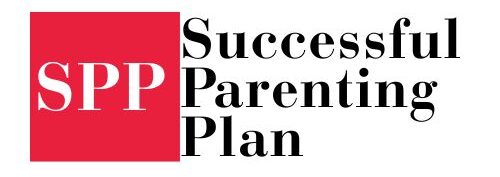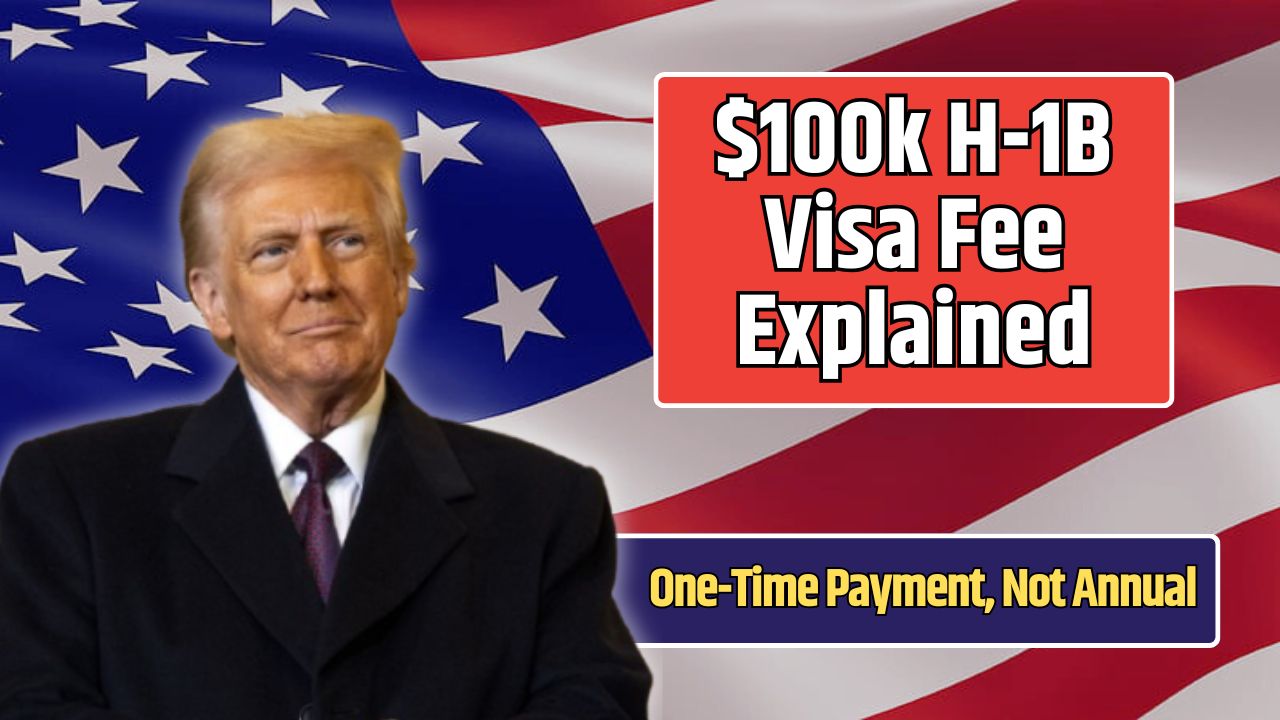Join on WhatsApp
Get the latest updates directly on WhatsApp – motivation, news & more!
The White House has walked back one of the most controversial parts of its new H-1B visa policy, clarifying late Sunday that the US$100,000 (about A$150,000) fee is not an annual charge, but a one-time payment only for new applicants.
The correction came less than 24 hours after US Commerce Secretary Howard Lutnick had rattled Silicon Valley, announcing the fee as an annual levy that would apply to renewals and existing holders. That sparked panic across the tech sector, where H-1B visas are the backbone of the workforce.
White House Scrambles to Clarify
In a post on social media, White House Press Secretary Karoline Leavitt sought to calm fears:
- The fee applies only to new visas, not renewals.
- Current H-1B holders will not be charged to remain in the country.
- Those already overseas will be allowed to re-enter without paying the fee.
“This is NOT an annual fee. It’s a one-time fee that applies … only to new visas, not renewals, and not current visa holders,” Leavitt said.
The policy, part of President Trump’s second-term immigration crackdown, went into effect Sunday at 12:01 am US Eastern (0401 GMT).
Tech Industry in Shock
Before the clarification, chaos rippled through the tech industry. Several major US firms reportedly warned foreign employees not to leave the country, fearing they might be unable to re-enter without paying the staggering fee. According to the San Francisco Chronicle, some passengers even de-boarded flights to avoid getting stuck abroad.
Even with the correction, the new rules are expected to trigger legal challenges from companies and advocacy groups, who argue the fee is punitive and risks choking the supply of skilled talent.
What Is the H-1B Visa?
The H-1B visa allows US employers to sponsor highly skilled foreign workers, often in fields like software, engineering, and scientific research. Key facts:
- Valid for three years, extendable to six.
- 85,000 visas granted annually through a lottery.
- India accounts for roughly 75% of recipients.
- In 2024, the US approved about 400,000 H-1B visas, two-thirds of which were renewals.
For Silicon Valley giants, the program is indispensable. Elon Musk and other tech leaders have warned against restrictions, arguing the US lacks enough homegrown talent to fill critical roles.
Trump’s Longstanding Target
Trump has eyed the H-1B system since his first term. In 2018, rejection rates spiked under his administration, before moderating again under Joe Biden. The current order gives the Homeland Security Secretary authority to exempt individuals, companies, or even entire industries from the new fee — a possible relief valve for sectors deemed vital.
The order lasts one year but can be extended. Observers say exemptions will determine how damaging the new rule becomes for tech and research industries.
Fact Check
- True: A US$100,000 fee is now part of new H-1B applications, as confirmed by the White House.
- False: It is not annual, nor does it apply to renewals or existing visa holders.
- Context: The order is part of Trump’s broader immigration clampdown and will almost certainly face lawsuits challenging its legality.
Bottom Line
For now, the panic has eased slightly. Existing H-1B workers can travel and renew their visas without fear of a six-figure charge. But for new applicants — many of them highly skilled graduates from India — the US has just placed one of the steepest financial barriers in the world on work visas. Whether this survives the courts will be the next chapter.
FAQs
Who has to pay the new US$100,000 H-1B fee?
Only new applicants applying for an H-1B visa for the first time.
Can the fee be waived?
Yes, the Homeland Security Secretary has authority to grant exemptions to individuals, companies, or industries.
Does the fee apply to renewals?
No. Renewals and current visa holders are exempt.

